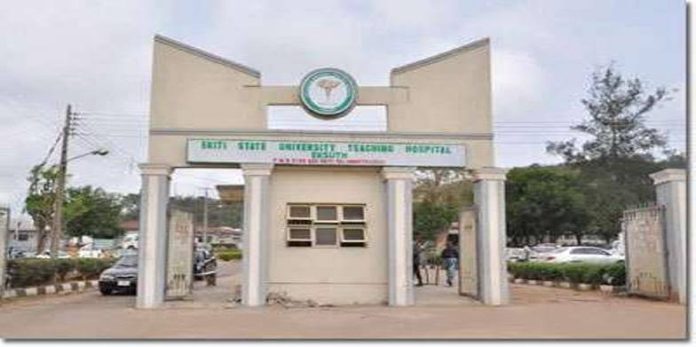The management of Ekiti State University (EKSU), Ado Ekiti, has defended its decision to increase tuition fees for fresh students in the 2024/2025 academic session, citing the need to complement the institution’s operational funding from the state government.
Bode Olofinmuagun, Head of the Directorate of Information and Corporate Affairs, described the fee adjustment as “marginal,” emphasizing its necessity to address rising operational costs and maintain the university’s academic standards.
In a statement issued on November 24, 2024, Olofinmuagun disclosed that the fees for fresh students from Ekiti State range from ₦247,500 for the Faculty of Education to ₦982,500 for the Faculty of Medicine and Surgery. For non-indigenes, fees range from ₦307,000 to ₦1.13 million across the same faculties.
According to Olofinmuagun, the increment aligns with the university’s need to adapt to inflationary pressures, which have led to a 200% rise in operational costs. He noted that while the university’s Governing Council increased the fees for freshers by 50%, fees for returning students remain unchanged, and the acceptance fee for fresh students was not affected.
“It is equally important to state that the university must ensure the provision of quality education and cutting-edge facilities to remain competitive globally,” Olofinmuagun explained.
He also highlighted that the state government, under Governor Biodun Oyebanji, had increased its subvention to the university, but the fee adjustment was necessary to sustain operations and quality standards.
Olofinmuagun reassured stakeholders that EKSU’s tuition fees remain among the most affordable compared to other state and federal universities. He appealed for calm, urging students and parents to understand the rationale behind the fee adjustment.
“EKSU fees are still considerably lower than what many private secondary schools charge per term in Nigeria,” he added.
The university remains committed to fostering an environment conducive to learning and innovation while addressing the financial realities of sustaining a world-class institution.

